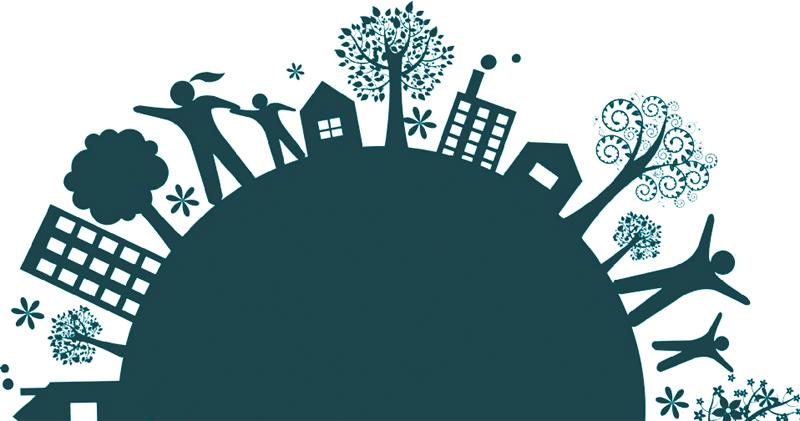
It is true the world would have been a different place if it was not for colonization. Often we find colonization as the root cause for many problematic situations, even in the postmodern world. Colonization is the fundamental reason which lead to certain chains of events which are still linked to the continuing of undesirable social problems. Similar to many other things, in retrospect people understand things could have been different if those events happened in another order. But instead of dwelling in the past analyzing it and halting at the place where conclusions are drawn, what should be the most important action or reaction? Could they, perhaps, be the lessons we learnt? But suddenly we want to reject history. We want to turn our backs blocking that knowledge instead of making it our “trial and error” version of troubleshooting social problems.
In this modern world where we are confident about individuality, where we are not afraid to embrace ideas and give power to differences and to no particular definitions of truth and reality why do we still struggle? Why do we have racial riots? Why do we have bills passing rejecting one particular race? Why do we ban some people’s right to love? Why do we demand we build walls between us? We have not reached ‘kethumathi nuwara’ or a social utopia as a whole as human kind, not even Finland itself has reached it. And the truth is, no place will ever reach or create a utopia as long as we remain humans. All we can do is reduce and prevent the issues that hurt us. And in that effort if our certain misled, misunderstood concepts of postmodern and modern audacity are going to jump in and obstruct the united effort towards harmony, criticizing the universal truth of humanity as a betrayal to cultural relativism calling that it is another form of oppression, it is time that we really, truly revise what it’s to be a part of the modern world shaping up future. When we say “this is all Victorian bullshit!” to drop matters as they are, to curl up in our private cocoon or when we are demanding that we don’t want any knowledge or interaction with the global village as we should only be finding our solutions domestically, are we being too arrogant, selfish or perhaps simply lazy and insensitive to our own existence?
Unlike the premodern era, now the experts from all over the world who get involved in searching for causes, methods to produce positive outcomes in solving issues and also those who work towards bringing out better living conditions for communities are not afraid to emphasize the importance of focusing on localized social constructions which are understood and designed by the community’s own needs. We are beginning to understand that it is a lost cause if we try to be some other developed foreign place completely disregarding cultural relativism. Unlike in earlier generations, the modern world does not/have to aspire to reach the idea of development in Western culture taking it as the superiority of what it is to be developed nations. Not being sensitive to localized system would end up communities in a stagnation rather than reaching its goal of kethumathi nuwara. We already witness issues such as, increasing homelessness, unemployment, etc in places like North American cities due to urbanization, and social movements put it as a “violation of certain individuals’ Right to the city.” It’s just one aspect of development that is non-sensitive to the working class and poor communities. A country like Sri Lanka cannot do development if they are insensitive towards the poor and working class needs, unless solving problems and being developed means to cover the clutter inside a freshly refurbished cupboard.
 However, can communities working hard to reach their own goals of development do without any universal application? In the modern world that has become a global village can communities completely deny what they can learn from each other? In the matter of justifying local beliefs and harmful traditions, if certain ideologies in communities firmly reject human rights for minority races, women, children; if they reject universal technological advancement, medical research or scientific knowledge, will they have the support of the members of their own community to be a contribution towards development?
However, can communities working hard to reach their own goals of development do without any universal application? In the modern world that has become a global village can communities completely deny what they can learn from each other? In the matter of justifying local beliefs and harmful traditions, if certain ideologies in communities firmly reject human rights for minority races, women, children; if they reject universal technological advancement, medical research or scientific knowledge, will they have the support of the members of their own community to be a contribution towards development?
